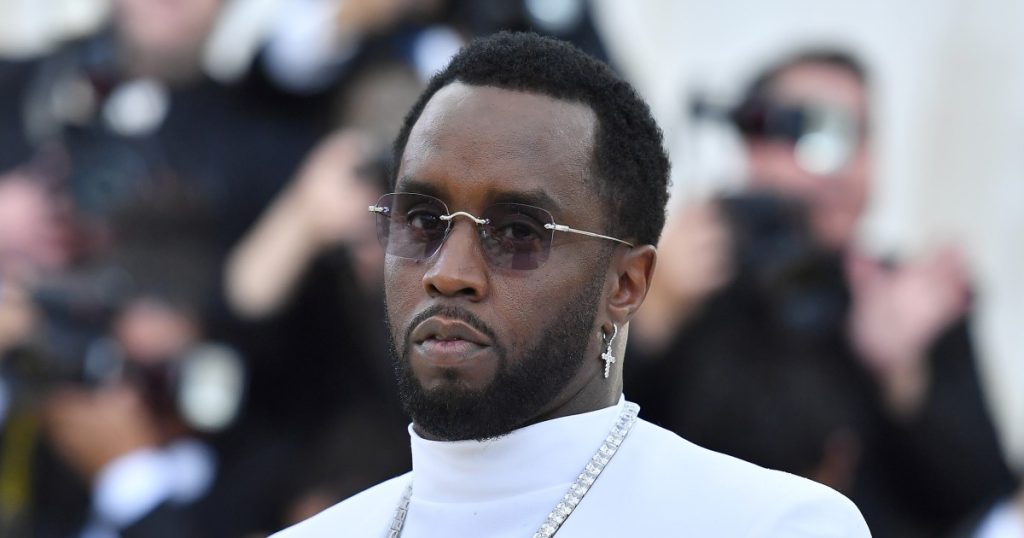Sean “Diddy” Combs recently uploaded an apology to Instagram for the 2016 beating of his ex-girlfriend Cassie, but the apology has received backlash from domestic violence groups and the public. The apology came after a video surfaced showing Combs beating Cassie in a hotel hallway. In the video, Combs can be seen chasing her, pulling her to the ground, and kicking her. Combs called his behavior “inexcusable” and stated that he was going through a difficult time in his life at the time of the attack. While he claimed to have sought therapy and entered rehab to become a better man, many found his apology lacking in sincerity.
The apology has been criticized for appearing manipulative and self-centered. Some believe that Combs was seeking sympathy and apathy from the public through his apology, a common tactic used by perpetrators of abuse. The president of a Philadelphia-based domestic violence center remarked that Combs’ behavior is typical of someone who perpetuates abuse, and the public is now witnessing it. The release of the video came shortly after Cassie filed a lawsuit against Combs, alleging that he sexually and physically abused her during their relationship from 2007 to 2018.
Research shows that Black women experience domestic violence at higher rates compared to other ethnic groups. They face biases and challenges when trying to hold their abusers accountable. Black women often do not fit the stereotype of the “perfect victim” and may be discouraged from coming forward due to various cultural and systemic barriers. This was the case with Cassie, who filed her lawsuit years after the alleged abuse occurred. Combs is facing multiple lawsuits and a federal investigation related to sexual assault and trafficking allegations, which have sparked conversations about abuse by powerful men.
Combs’ apology has also drawn criticism from public relations experts, who believe it lacked empathy, accountability, and a plan to make amends. Some believe that the apology was insincere and focused more on Combs’ public image than on the people he harmed. Ultimately, the apology did not resonate with many, including advocates for domestic abuse victims and social media users who found it lacking in authenticity. Combs’ attorney did not immediately respond to requests for comment on the backlash surrounding the apology.
The allegations against Combs have highlighted the challenges Black women face in seeking justice for domestic violence and intimate partner violence. Organizations and advocates are working to support survivors and raise awareness about the disproportionate rates of abuse faced by Black women. As the conversation continues, it is important to address systemic issues and biases that prevent survivors from coming forward and holding their abusers accountable. The public reaction to Combs’ apology reflects a broader discussion on abuse, accountability, and the importance of supporting survivors in seeking justice.


